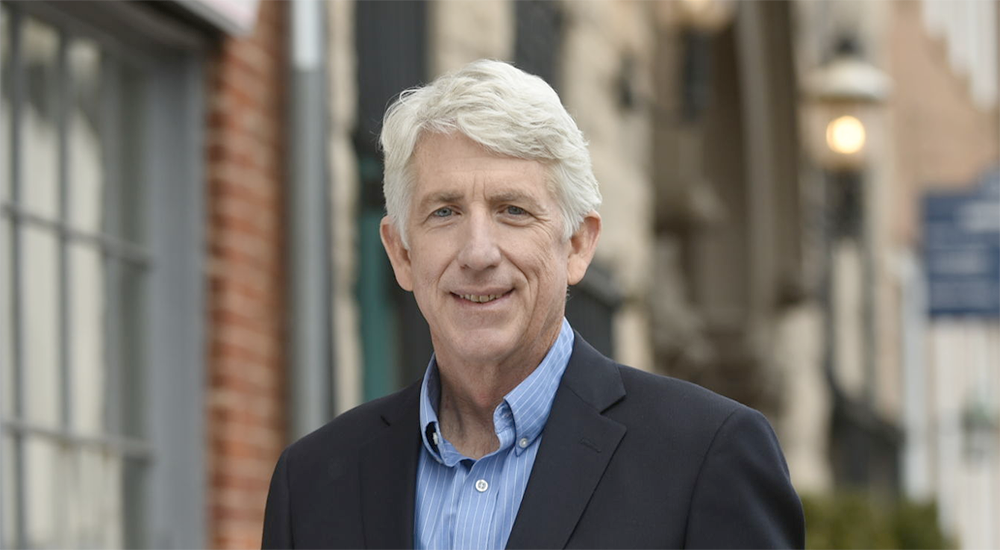Attorney General Mark Herring jumped on the marijuana bandwagon this week, calling for legislators to end prosecution for simple possession of small amounts of the drug.
Writing in an op-ed in the Daily Press, Herring argued that Virginia’s current system isn’t working.
“It is needlessly creating criminals and burdening Virginians with convictions,” he wrote. “…And the negative consequences of the current approach fall disproportionately on African Americans and people of color.”
Recreational marijuana is now legal in 11 states, while medical use has been legalized in 33 states. The drug remains illegal at the Federal level.
Virginia has already taken steps to legalize the medical use of CBD and THC-A oils, licensing five firms to operate dispensaries around Virginia. The oils are not psychoactive and are different from THC, the chemical that gives marijuana its high.
The debate in Virginia has been ongoing, but the timing of Herring’s conversion has raised eyebrows.
Herring has been Attorney General for six years, and this week’s announcement marks the first time he’s taken such a position on marijuana.
Attorneys General do often introduce legislative packages for legislators to consider, but those usually appear in late December or early January when the General Assembly prepares to convene.
Legislators are returning to Richmond on July 9 to consider Governor Northam’s gun control proposals, but drug laws thus far have yet to make an appearance on the agenda.
Meanwhile, Herring is continuing his efforts to salvage his chances at running for Governor in 2021 after admitting that he wore blackface in college.
Herring admitted to wearing blackface just days after he had called on Governor Ralph Northam to resign for the same offense.
He later told the Kojo Nnamdi Show that his call for resignation wasn’t due to Northam’s blackface admission, but rather the Governor’s flip-flop on whether or not he was in fact the person in the racist photo on Northam’s medical school yearbook page.
Dana Schrad, executive director for the Virginia Association of Chiefs of Police, told WTOP that decriminalization would put law enforcement in a difficult spot.
“It’s a great deal of conflict for law enforcement to have decriminalization at the state level when something is still against the law in federal criminal code,” Schrad said.

